Shutterstock
Project on Democracy and Capitalism
Global capitalism and how the world became rich
Jennifer Bair, Fahad Ahmad Bishara, Mark Koyama, Jared Rubin, Robert Bruner (moderator)
Thursday, September 29, 2022
4:00PM - 5:00PM (EDT)
4:00PM - 5:00PM (EDT)
Shutterstock
Event Details
A panel examines the role of capitalist institutions in the global wealth boom, their effect on democratic systems, and the sustainability of democratic capitalism across the world. The discussion charts the rise of global capitalism and implications for our future, featuring Mark Koyama and Jared Rubin (authors of How the World Became Rich: The Historical Origins of Economic Growth), and UVA’s Fahad Bishara and Jennifer Bair.
This event is sponsored by the Miller Center's Project on Democracy and Capitalism.
When
Thursday, September 29, 2022
4:00PM - 5:00PM (EDT)
4:00PM - 5:00PM (EDT)
Where
The Miller Center
2201 Old Ivy Rd
Charlottesville, VA
&
ONLINE
2201 Old Ivy Rd
Charlottesville, VA
&
ONLINE
Speakers
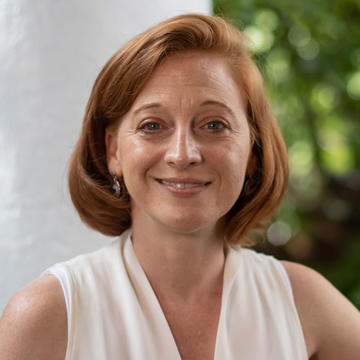
Jennifer Bair
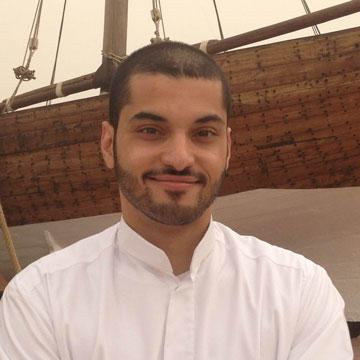
Fahad Ahmad Bishara
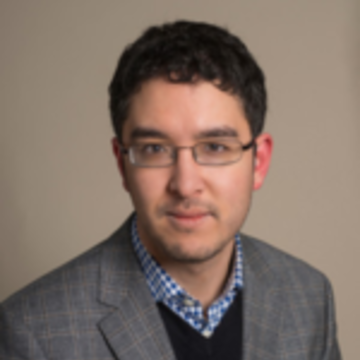
Mark Koyama
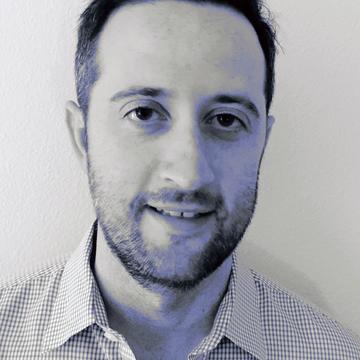
Jared Rubin
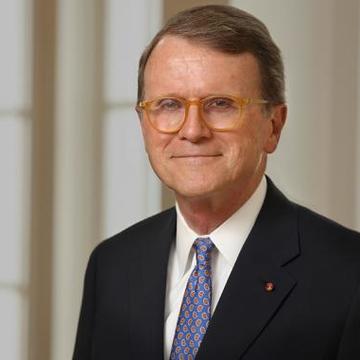
Robert Bruner (moderator)